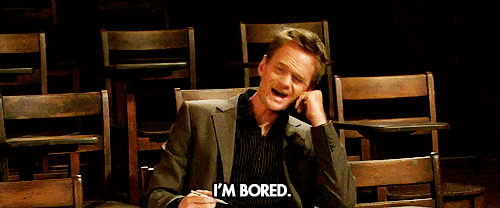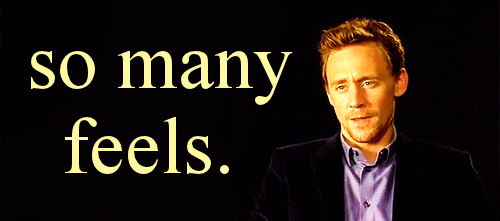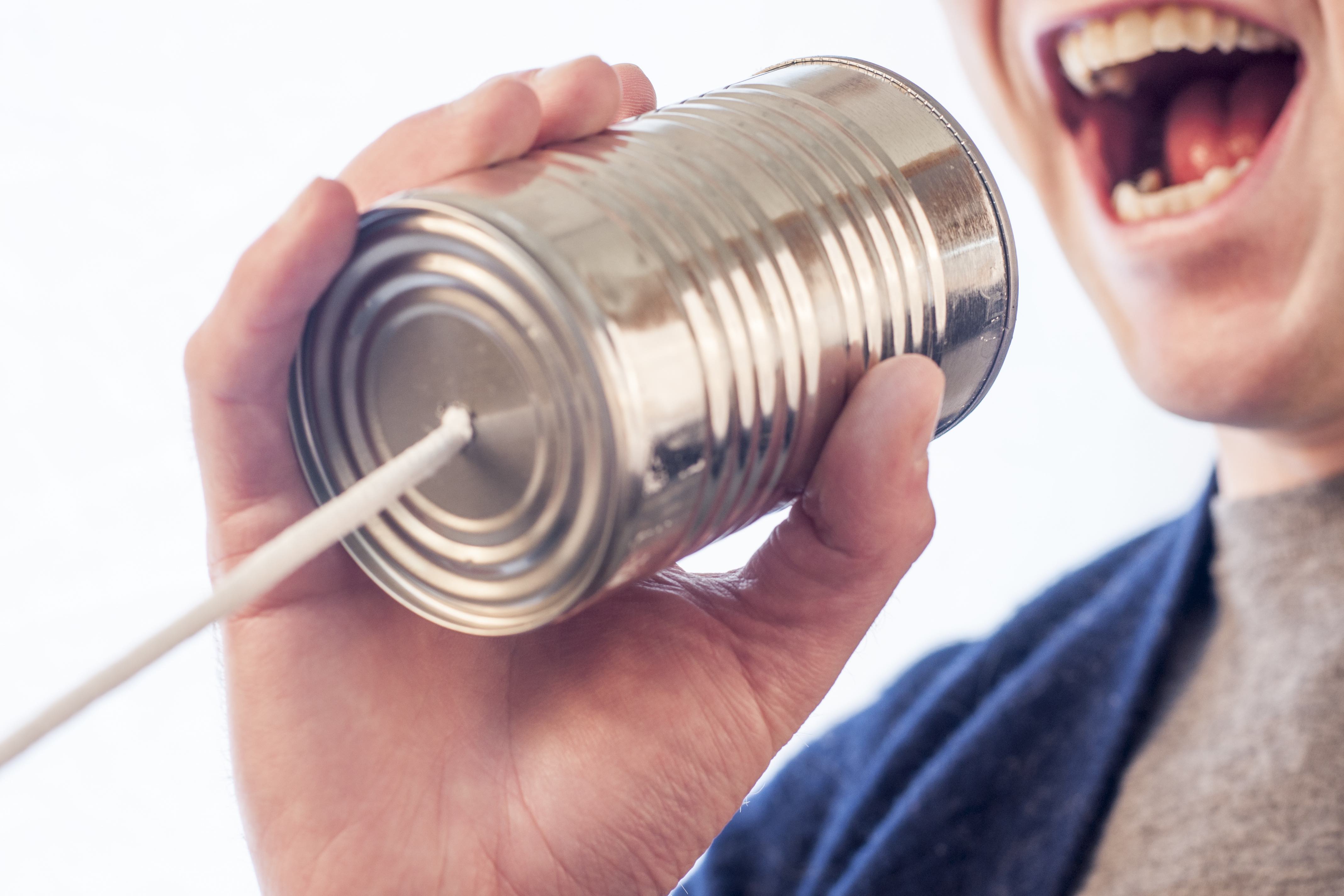Getting used to the ‘ins and outs’ of set life can be like learning a new language. Then there’s the literal ‘new language’ of production – set lingo that means something completely different in the real world. We’re going to give you a leg up for when you first roll into studio or onto location. You’ll now understand why your filmmaker/producer friends respond to everything with ‘copy’.
10-1
[ten – wuhn] verb
- Real Life: First double digit and single digit number.
- Set Speak: Washroom break, literally going #1.
Walkie-talkie speak. It’s karma that you’re usually ’10-1′ right as someone needs you. Can be extrapolated to 10-2. No one wants to know when you’ve gone 10-3.

20
[twen-tee] noun
- Real Life: The number that comes between 19 and 21.
- Set Speak: Your location. You’re inevitably not in the right one.
Most commonly a question over walkie as in: “What’s your 20?” because someone wants to know where the hell you are. Very handy for finding people (i.e. talent) not on walkie that have wandered off, ie “Anyone have a 20 on the monkey?”

Call Time
[kawl tahym] noun
- Real Life: The hour of a planned phone call.
- Set Speak: The time you’re expected on set, ready to work.
Pretty self-explanatory. Usually your call time comes in the night before – opening the call sheet can make or break the next day. Will you be on overnights again or do you get to sleep in a few more hours tomorrow? One thing for newbies to remember is the call time isn’t the time you roll up with a full coffee and your coat still on. There’s a reason breakfast is served BEFORE your call.

Copy
[kop-ee] verb
- Real Life: A reproduction of something.
- Set Speak: Affirmative. Got it!
Copy is letting everyone know you understand and are on board with what was just said. Usually asked over walkie, you can “Copy” anything from when the actors should be cued to where we’re going for beers after wrap. Shortened from “Copy That” but no one bothers with those last four letters.

Craft
[krahft] noun
- Real Life: Paper mache or macaroni necklaces kids make in kindergarten.
- Set Speak: Where the food’s at! The table or truck on set with snacks and drinks for the cast and crew and the place everyone congregates between takes.
Every crew member knows that good craft is key to your happiness on set. 14 hour days are much more bearable with cookies and gum. Low budget productions are sometimes tempted to skimp on craft but this is a mistake. Hungry = cranky, and you just might end up with a mutiny on your hands.

Firewatch
[fahyuh r woch] verb
- Real Life: Watching the fire so it doesn’t burn down your campsite.
- Set Speak: Watching the equipment while the crew is at lunch or elsewhere. One of the most boring set life jobs in existence.
Usually a PA’s job, keeping an eye on the equipment while the rest of the crew is busy somewhere else. They’re not literally watching for a fire (though that is a remote possibility) but mainly making sure no one walks off with thousands of dollars in equipment. As tempting as it is, this is not time to take a nap.

Subs
[suhbs] noun
- Real Life: Short for submarine, an underwater vessel OR a big-ass sandwich.
- Set Speak: Short for substantial, the ‘substantial snack’ you get between call and lunch, and lunch and wrap. Possibly the only thing that got you through the morning.
Subs come from union rules, but most sets have adopted them. Subs are usually mini versions of regular food: Mini burgers, mini shepherds pie, mini pad thai…. Mmmm drooling. As with craft, producers need to know that a full crew=a happy crew.

Wrap
[rap] verb
- Real Life: A sandwich rolled up in a tortilla or pita.
- Set Speak: End of the day, or end of the shoot. The moment everyone breathes a sigh of relief.
Wrap is the moment when shooting is done for the day. It’s always satisfying when the AD calls “That’s a wrap!” though most departments have at least a few people finishing up after camera wrap. As bad as a shoot may have been, the final call of “wrap” is always a little bittersweet.

Add to our list!
What other set speak have you added to your vocabulary?

